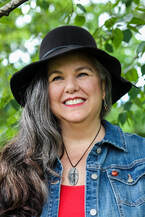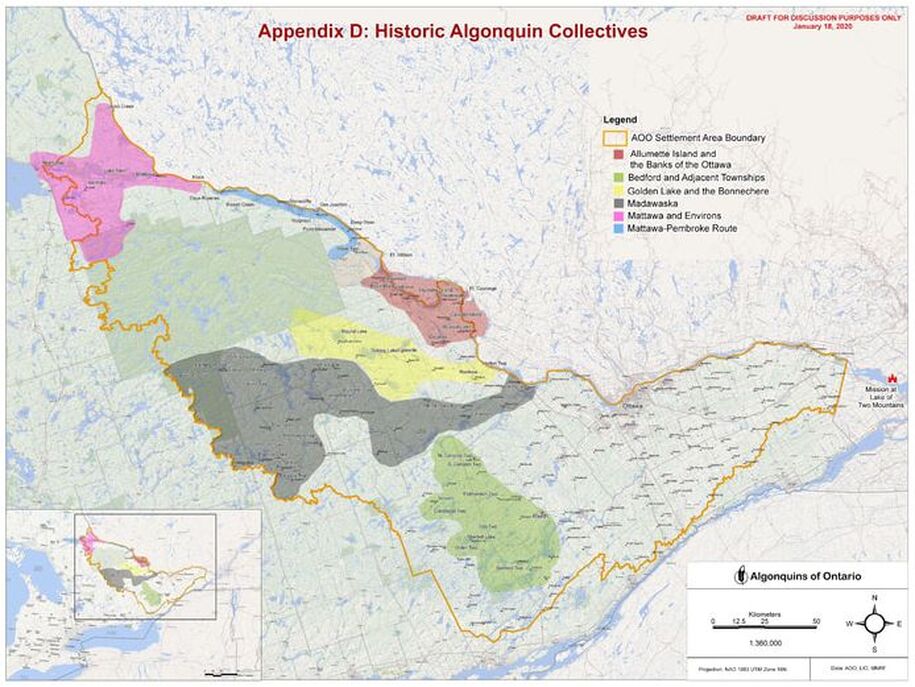|
A Meandering Story: Truth, Evidence, and the Lack of Evidence Prior to contact the Anishinaabeg had a traditional practice of learning about people, who they were, and their integrity. Essentially we told each other stories about who we were. We told people our names, who are family members and relatives were, and we told them our clan. This practice provided us with the beginning of what could be or would be a trustworthy relationship. We had this ancient tradition because it spoke to the integrity of the person. In the modern context we now want to know what kind of education and training a person has, what they do for employment, and how they have lived their lives. This is reasonable. The Anishinaabeg tradition has always respected the greatest gift that Creator bestowed humans: our minds and our very ability to reason. Reasoning ability was respected and nurtured in our methods of parenting, teaching, and training. What I mean by this is parents and teachers value that individuals needed to develop their own ability to reason from within their being so much so that our methods of teaching are never didactic. Rather we always left room for the person to think through issues on their own. Respecting and nurturing an individual’s ability to reason was our way. European Enlightenment brought forward the idea and methodology of positivism, that truth is rooted in evidence such as scientific positivism where knowledge and truth is rooted in atoms and molecules, historical positivism where knowledge and truth is rooted in artifacts and archival documents, and legal positivism where knowledge and truth is rooted in evidence. In terms of legal positivism, when there is an absence of evidence judges use their training and minds and reason in their process of making a determination. This is what happened in Gehl v Canada. There was a lack of evidence and the judge reasoned through the community and family context of my father’s existence to determine he was and I was, like his mother, an Indian. This speaks to the need for critical thinking, and appreciation that the lack of evidence must be reasoned through. There is more to consider with the idea that truth is rooted in tangible evidence. Evidence, like truth, is shaped by assumptions about the world such as patriarchy and colonization and thus power where people with more power foremost become the producers of what is evidence. This means that critical thinking is required when considering what is evidence and what is not evidence. For example, people with power can and will create or manufacture evidence according to their own selfish needs. What is more, people with power can and will destroy evidence, and disturbingly some will even work hard to ensure that as they do corrupt things there is no evidence to be found. This speaks to the need for critical thinking, and appreciation that the presence of evidence and the lack of evidence must be reasoned through. As I say this no one should interpret me as saying that judges rooted in colonial law are able to determine truth. Clearly their assumptions are an issue. Most judges cannot come to a genuine and moral truth because Canada’s legal history emerges from the racist and genocidal Doctrine of Discovery. Again power mediates evidence, the lack of evidence, and truth. All this said, no one should interpret that I am suggesting that in the absence of evidence we just accept the person as Indigenous. Not at all because after all the very absence of evidence can itself be manufactured. What is more, when this so-called absence of evidence exists within a broader context where there is the creation of fraudulent archival documents doubt is reasonable. Again, Creator gave us the ability to reason, and Canada’s court system also relies on the ability to reason. The issue with the excuse that a person lacks evidence of who they are as an Indigenous person is limited. Canada began conducting census-taking as early as the year 1666 and it was as early as the year 1765 when Canada began recording if a family was Indigenous. Also, it was in 1871 when Canada began to take census every ten years. Another source is the Jesuit Relations beginning in 1631 through 1673. If you cannot prove you are Algonquin, you should not be enrolled in the land claims process. You should not be shaping the process in a leadership role and you should not be afforded the right or responsibility to vote on the final agreement. Rather, harness your integrity and walk away. When the time comes and the agreement is final you can then submit a community application and that community can rely on their own criteria set to determine if you are to be accepted as a member. This is easy to reason. Creator bestowed you with this skill within your being.  © Lynn Gehl, Ph.D. is an Algonquin Anishinaabe-Ikwe from the Ottawa River Valley. She is a member of Pikwàkanàgan First Nation She is a published author of Claiming Anishinaabe: Decolonizing the Human Spirit and The Truth that Wampum Tells: My Debwewin on the Algonquin Land Claims Process. Her most recent book is titled Gehl v Canada: Challenging Sex Discrimination in the Indian Act. You can reach her and see more of her work at www.lynngehl.com. Bare with me as I troubleshoot a new tool disseminating my blogs.
1 Comment
Lawrence Parent
6/5/2022 08:51:25 am
I am a Two Spirit Algonquin. Thank you for your work.
Reply
Your comment will be posted after it is approved.
Leave a Reply. |
|
To subscribe to Lynn's Blog: click here
To subscribe to Lynn's Newsletter: click here To follow Lynn on her Public Facebook Page: click here To subscribe to Lynn's YouTube channel: click here To book Lynn as a speaker: click here To contact Lynn/License her work: click here Copyright Dr. Lynn Gehl, 2024 All Rights Reserved
|

 RSS Feed
RSS Feed
